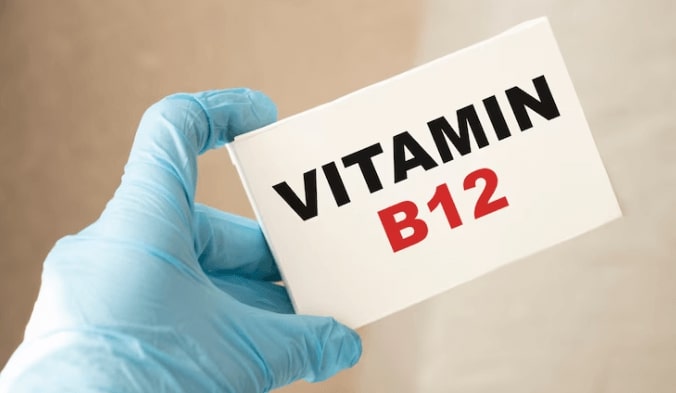Have you ever felt constantly tired, struggled with brain fog, or experienced tingling in your hands and feet? If so, your body is trying to tell you something important—you may be deficient in vitamin B12. This essential nutrient plays a vital role in keeping your body functioning properly, yet many people don’t realize its importance until they start experiencing symptoms.
What Does Vitamin B12 Do?
Vitamin B12 is like fuel for your body. It helps produce red blood cells, keeps your nervous system healthy and even aids in brain functioning. Without it, your body cannot produce the red blood cells needed to carry oxygen, leading to fatigue and weakness. It also protects nerve cells, ensuring smooth communication between your brain and the rest of your body.
A close friend of mine, Priya, learned this the hard way. She was constantly feeling tired and having trouble concentrating at work. Thinking it was just stress, she ignored the symptoms, until one day she nearly fainted. The doctor recommended a vitamin B12 test, and the results showed she was severely deficient. With the right supplements and dietary changes, she felt like herself again in just a few weeks.
Who Is at Risk of Vitamin B12 Deficiency?
While anyone can develop a deficiency, some groups are more vulnerable than others:
- Vegetarians and Vegans: Since B12 is mainly found in animal-based foods, those who don’t consume meat, eggs, or dairy may struggle to get enough.
- Older Adults: As we age, our bodies absorb B12 less efficiently.
- People with Digestive Issues: Conditions like Crohn’s disease or celiac disease can hinder B12 absorption.
- Those Who Take Certain Medications: Long-term use of antacids or diabetes medications like metformin can reduce B12 levels.
If you fall into any of these categories, it’s a good idea to get your levels checked through a vitamin B12 test to make sure you’re getting enough of this essential nutrient.
How to Boost Your Vitamin B12 Levels
The good news is that vitamin B12 deficiency is preventable and treatable. Here’s how you can keep your levels in check:
1. Eat More B12-Rich Foods
Adding these foods to your diet can help maintain healthy levels:
- Meat (chicken, beef, fish)
- Dairy products (milk, cheese, yogurt)
- Eggs
- Fortified cereals and plant-based milk (for vegans and vegetarians)
2. Take Supplements if Needed
If you’re not getting enough B12 in your diet, supplements can help. You can find these in tablet or liquid form, and in severe cases, your doctor may recommend B12 injections.
3. Get Regular Health Checkups
Sometimes, the symptoms of vitamin B12 deficiency can be subtle. If you often feel tired or experience unusual sensations in your body, a simple vitamin B12 test can provide clarity and help you take the necessary steps toward better health.
Final Thoughts
Vitamin B12 is essential for energy, brain health and overall health. While it’s easy to overlook, a deficiency can significantly impact your daily life. Whether you’re a vegetarian, an elderly person or just someone who wants to maintain good health, keeping track of your B12 levels can make a huge difference.
